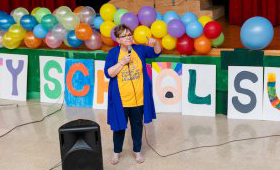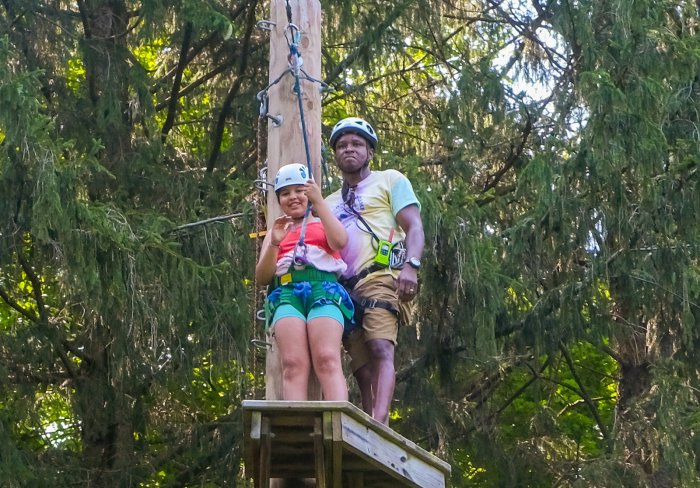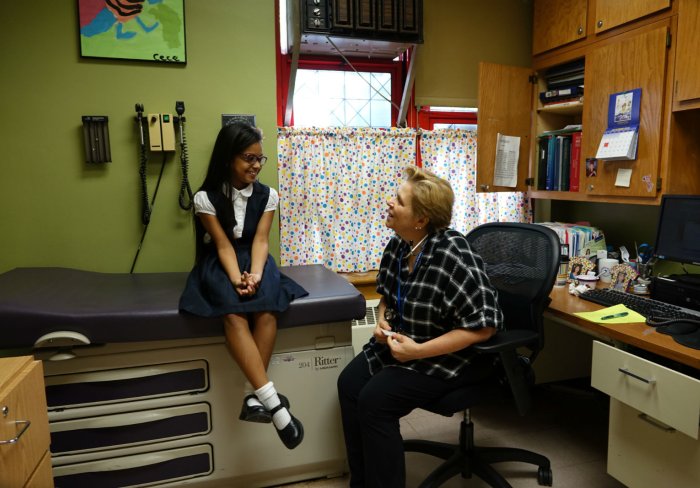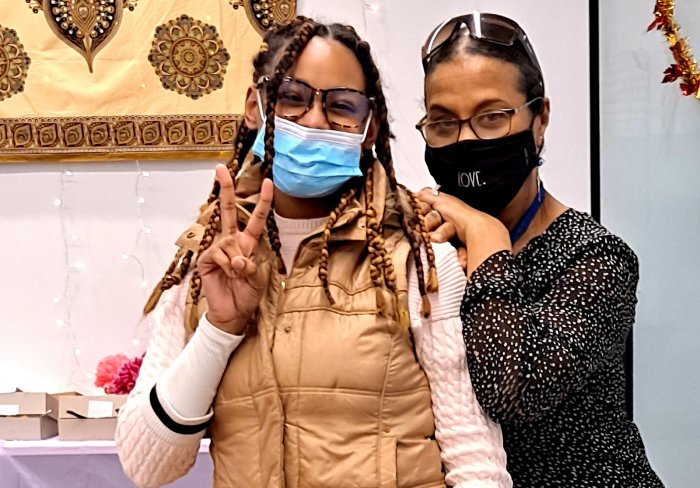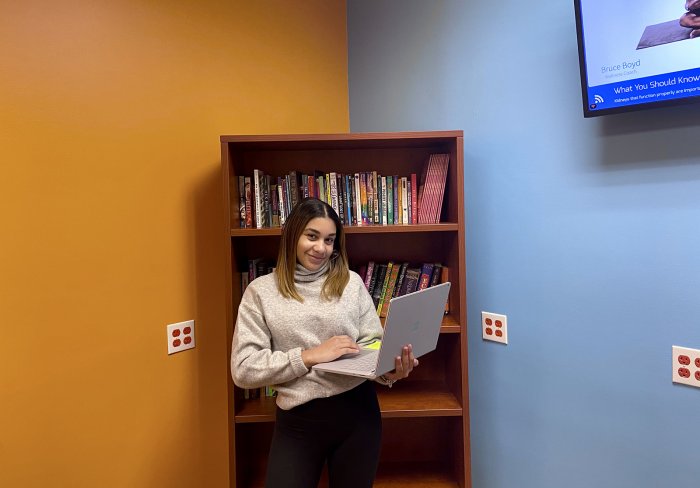Kim Dorsey always knew she was destined for a career in service.
“I knew when I was in high school that I wanted to be a social worker or I wanted to be employed in a profession with the purpose of helping others,” she said. “I really believed I had a knack for assisting people.”
Now, as the Deputy Division Director of Child Welfare and Family Services at Children’s Aid, it seems that her intuition was correct. Kim oversees 155 staff and eight programs, where young people and families receive counseling and other services to reach stability in the midst of various challenges.
She has spent her career guiding young people. At City Tech College, she steered teenage mothers into union jobs through a vocational program called Women in Need. At the Department of Juvenile Justice under former Mayor Rudy Giuliani, she worked as a family preservationist, a job that solidified her desire to work with young people.
Kim worked with youth who were on their way to residential placements in upstate New York. She helped get them back on track by using in-home family interventions. Her goal was to keep these young people out of the juvenile justice system.
“Even though these kids had been involved with the police, I had the opportunity to meet some really, really wonderful kids who I felt … it was just circumstantial,” she said. “If there had been someone who intervened earlier and took an interest in them and actually tried to change their environment, perhaps they would not have wound up in that situation.”
In this role, she met Michelle Dubowy, a director at Children’s Aid. Michelle, a respected leader in the child welfare system for 30 years, brought Kim on as an assurance quality manager at the agency in 2002.
After several years, Michelle asked Kim to be her successor when she retired.
“My number one hero is Michelle Dubowy,” Kim said. “She taught me a lot about what it means to be an effective leader and manager. She was a person with very, very high standards. I really felt honored that she valued my potential. I definitely wouldn’t be in the position I am in now if it wasn’t for her mentorship.”
Kim is now a mentor to dozens of staff members at Children’s Aid. This year, they had to navigate a number of challenges – closing down programs during the height of the pandemic, hiring staff virtually, and processing the pain of systemic racism.
“It’s really been sensory overload for my staff,” she said. “There are so many obstacles that we can’t control, so what I can alleviate and what I can negotiate, that’s what is most important to me as a leader – to make the work lives of my staff as painless as possible.”
In addition to easing the burden on her staff, Kim believes inclusivity makes her teams stronger. Each person who works in her programs has a unique perspective and she stresses to her mangers that it’s important to integrate their ideas and experiences.
“It’s really taking the equity one step further and making sure that every staff person knows that their voice is valued,” she said. “It’s not just inviting someone to speak about their perspective but to do your best to integrate it in so many different ways. [Being inclusive] adds to the multi-dimensional approach to making decisions and solving problems.”

